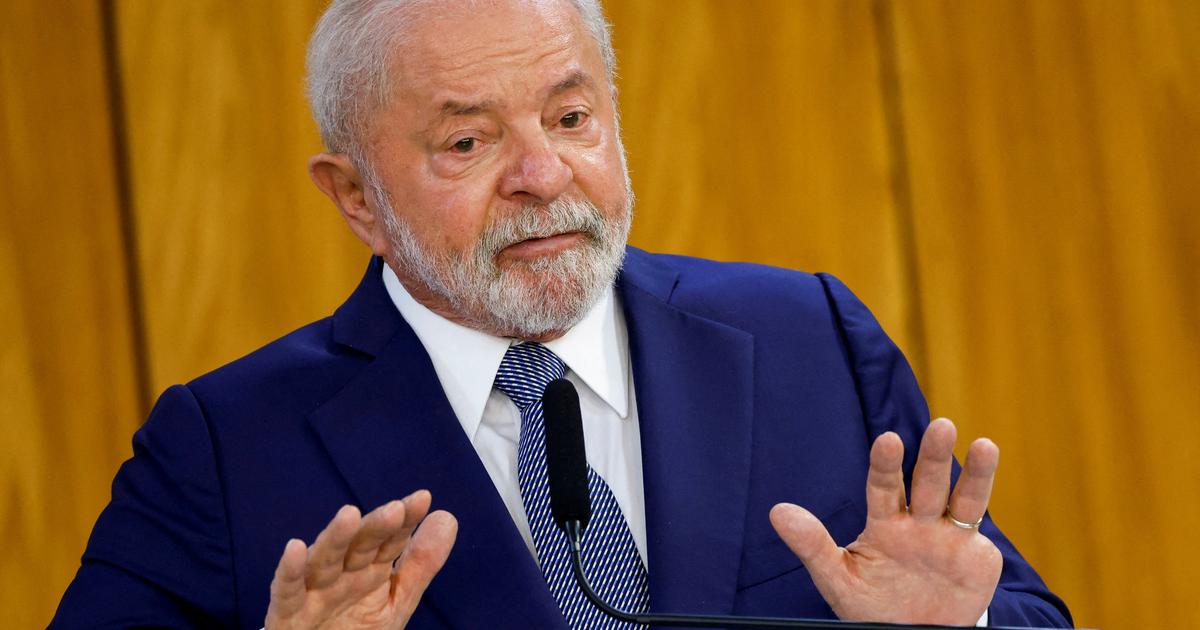Brazil's Chamber of Deputies approved new fiscal rules on Tuesday night that end the freeze on public spending, which is a victory for leftist President Lula.
The text, which should enable the government to keep its promise of ambitious social programs, was approved by 372 votes to 108. This is "an important margin," said Wednesday at a press briefing the Minister of Economy, Fernando Haddad. "The Chamber of Deputies has shown that it is ready to reach an agreement for Brazil to return to strong growth (...) Any investor who knows how to make accounts will understand that these are strict rules," he added.
End of expenditure ceiling
The deputies' vote, however, did not immediately arouse the enthusiasm of the markets, with the Sao Paulo Stock Exchange opening with a decline of 0.82%. But analysts also attribute the decline to external developments, such as the tense negotiations over the debt ceiling in the United States. The main text of the new "fiscal framework", as it is called in Brazil, was approved, but MEPs still had to vote on amendments on Wednesday. The bill must then go to the Senate.
The new rules end the spending cap introduced in late 2016 under the center-right government of Michel Temer after the impeachment of leftist President Dilma Rousseff (2011-2016). They allow greater flexibility in spending, which can increase at the same rate as tax revenues. Nevertheless, safeguards ensure a certain budgetary rigour, the increase in expenditure being limited to 70% of the increase in State revenue.
" READ ALSO In Brazil, Lula's fight against record interest rates
Back in power since January, after his narrow victory against his far-right predecessor Jair Bolsonaro, Luiz Inacio Lula da Silva promised to invest massively in social issues, as he did during his first two mandates (2003-2010). But the economic situation is nowhere near as favorable as it was during the 2000s, when the commodity boom was taking place. Trying to reassure markets worried about the left's return to power, Lula pledged to reconcile "fiscal, social responsibility, and sustainable development." The beginning of his mandate was marked by the revival of social programmes and public bodies for the preservation of the environment.

